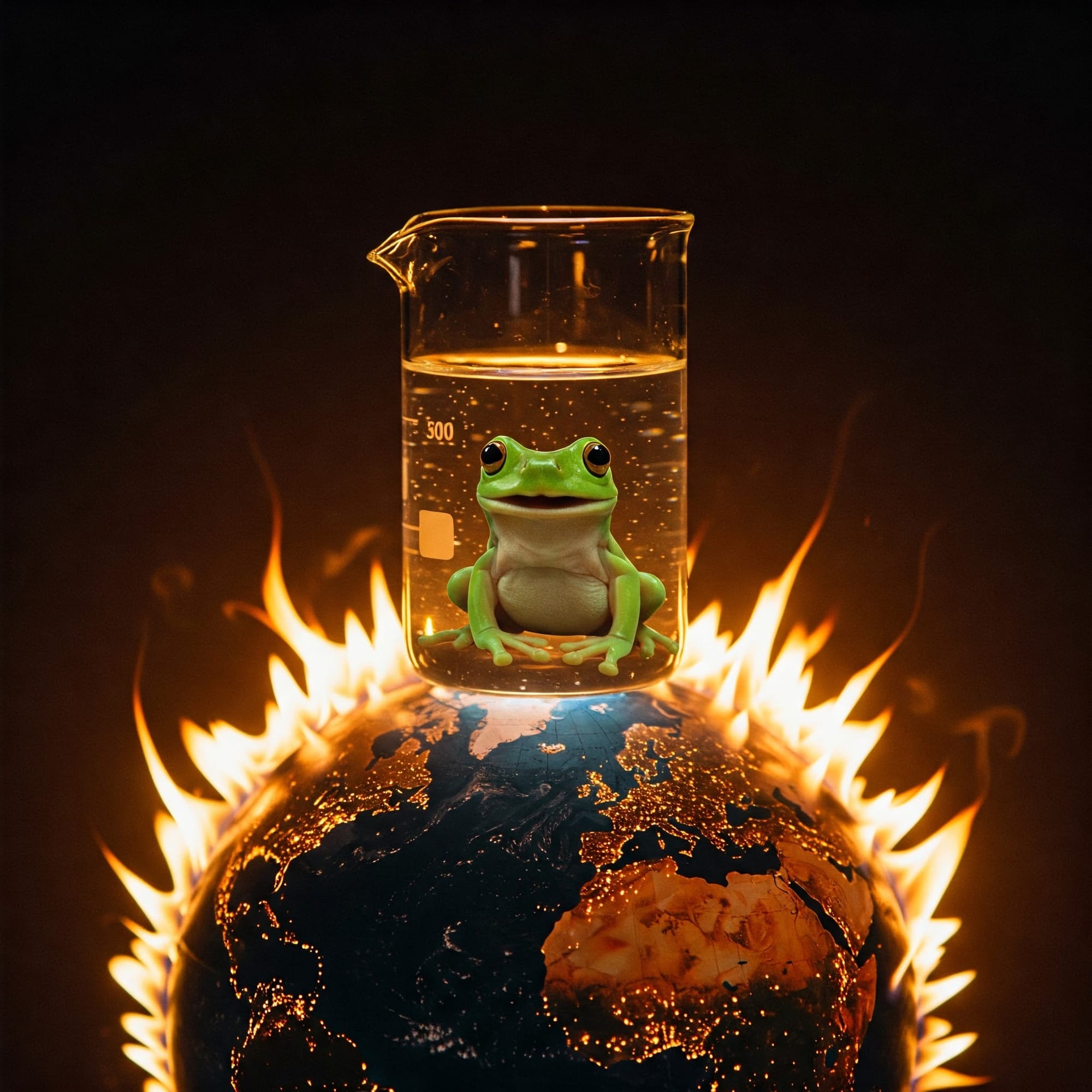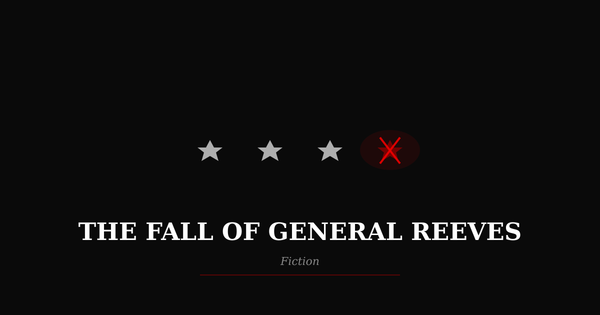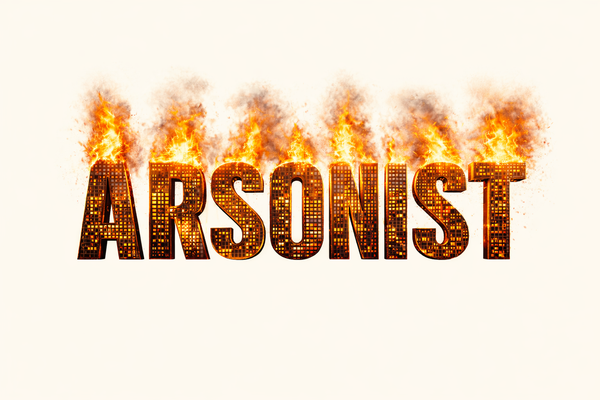This Explains Everything
Trump works for Putin
It would have sounded like madness once. The idea that a U.S. president could be serving the interests of a foreign adversary—not by accident, but by design. And yet, when the smoke clears and the trail of damage is mapped, it becomes harder to explain Trump’s record as mere coincidence. The trail doesn’t lead away from Putin. It circles him.
The pattern is plain: Trump has repeatedly taken actions—rhetorical, political, economic, and diplomatic—that align with Vladimir Putin’s goals. This is not an allegation. This is observation.
Thanks for reading Joseph’s Substack! Subscribe for free to receive new posts and support my work.
Praise and Deference
From the beginning, Trump praised Putin in ways no other modern U.S. president had. He called him a “strong leader.” When Putin was called a killer, Trump’s reply was, “You think our country’s so innocent?” He dismissed evidence of Russian election interference, publicly sided with Putin over U.S. intelligence, and later floated ideas like lifting sanctions and re-inviting Russia into the G7.
This isn’t diplomacy. It’s loyalty. Or something very close to it.
Undermining the West, Strengthening the Kremlin
Trump’s antagonism toward NATO—berating allies, questioning U.S. commitments—directly weakened the alliance meant to contain Russian aggression. His unpredictable statements left European allies uncertain. That alone was a gift to the Kremlin.
And Ukraine? Trump withheld military aid unless Zelenskyy launched a public investigation into Joe Biden’s family. That got him impeached—and it gave Putin breathing room. After leaving office, Trump continued to sow doubt about U.S. support for Ukraine, implying he’d cut it off if reelected.
Obstructing the Truth
Trump worked hard to blur the lines around Russian election interference. He called it a hoax. He claimed the FBI and intelligence agencies were out to get him. He fired people who dug too close. At Helsinki, standing next to Putin, he cast doubt on the conclusions of his own intelligence community.
This wasn’t just denial. It was obstruction.
Secret Deals, Silent Calls
During the 2016 campaign, Trump pursued a Trump Tower deal in Moscow—while claiming he had no business in Russia. He held multiple private conversations with Putin while in office, with no records kept. He resisted sanctions. He paused cyber operations against Russian hackers.
We may never know the full extent of his financial entanglements. But the secrecy speaks volumes.
The Domestic Cost
What Trump has done for Putin is measurable not just abroad, but at home.
Politically
He fractured public trust in American institutions. He called the press the “enemy of the people.” He turned the Department of Justice into a tool of personal revenge. He encouraged election denial that led directly to the January 6 insurrection.
Economically
His trade wars hurt U.S. farmers, manufacturers, and consumers. His erratic leadership rattled markets and weakened global confidence in U.S. economic stability. He added trillions to the debt while shifting tax burdens away from the wealthiest.
Socially
He divided the country along racial, cultural, and geographic lines. His words empowered white supremacists. His Twitter feed fueled paranoia. Facts became optional.
All this weakens America from within. Which makes it easier for adversaries—like Russia—to project strength without challenge.
A Clear Ledger: What Trump Has Done for Putin
Below is a short ledger—a bulleted record of major actions Trump has taken that aligned with or directly benefited Vladimir Putin’s strategic goals:
- Praised Putin repeatedly, calling him a "strong leader," even after intelligence confirmed Russian assassinations and election interference.
- Dismissed U.S. intelligence findings, siding with Putin publicly at the 2018 Helsinki summit.
- Undermined NATO, questioning U.S. commitments and weakening the credibility of mutual defense.
- Withheld military aid from Ukraine, using it as leverage to push for a political favor, giving Russia strategic breathing room.
- Sought to readmit Russia into the G7, despite its expulsion over the annexation of Crimea.
- Delayed or resisted sanctions against Russia, even when mandated by Congress.
- Paused offensive U.S. cyber operations targeting Russian interference efforts.
- Engaged in undisclosed private calls with Putin, without official transcripts or oversight.
- Pursued a secret real estate deal in Moscow while running for president, despite public denials.
- Attacked American institutions—DOJ, FBI, CIA—when they investigated Russian ties or interference.
- Promoted election disinformation that echoed Russian propaganda.
These are not isolated moments. Together, they form a pattern of enablement, whether driven by admiration, self-interest, or something more.
What Putin Has Done for Trump
If Trump’s actions have consistently helped Putin, it’s worth asking what Putin may have done in return. The relationship may go deeper than politics—reaching into Trump’s personal history, finances, and early ambitions.
- Sought contact as early as 1987: Multiple reports suggest the KGB targeted Trump during his 1987 trip to Moscow, part of a Soviet strategy to cultivate influential Western figures.
- Financed Trump’s recovery in the 1990s: After a series of bankruptcies, Trump’s ability to secure financing in the U.S. dried up. Russian oligarchs linked to the Kremlin reportedly bought Trump properties at inflated prices, providing liquidity when no American banks would.
- Supported Trump-aligned media and disinformation: Russian propaganda outlets and social media bots flooded American platforms in 2016 with content designed to boost Trump and divide American voters.
- Withheld damaging information: Putin has never publicly exposed details of Trump’s Moscow business ambitions, private communications, or the contents of those unrecorded calls—leverage that remains unused, but not forgotten.
- Granted access and approval for Trump Tower Moscow negotiations: During the 2016 campaign, while Trump denied any Russian ties, high-level Moscow officials were reportedly involved in facilitating a potential real estate deal.
This list is not definitive. Much remains hidden. But what we do know paints a picture of a relationship that predates politics—and may explain the loyalty Trump has shown.
The Pattern Holds
Whether Trump is compromised, captivated, or simply aligned with Putin ideologically, the outcome is the same: a U.S. president whose actions, time and again, benefit the Kremlin.
This is not just about history. This is about now. The next election. The next crisis. The next time America needs clarity and strength and instead gets something that looks, alarmingly, like submission.
We don’t need a smoking gun. We already have the fire.
And history is watching what we do next.
Thanks for reading Joseph’s Substack! Subscribe for free to receive new posts and support my work.




